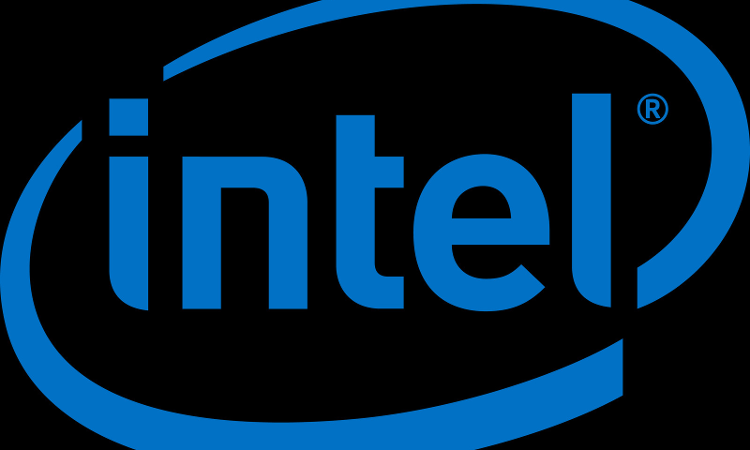CCI Directs DG To Probe If Intel Abused Its Dominant Position And Denied Market Access
Arunima Bhattacharjee
27 Aug 2019 9:59 AM IST

Next Story
27 Aug 2019 9:59 AM IST
The Competition Commission of India has directed the Director General (DG) to probe into allegations of abuse of dominant position by Intel Corporation and its Indian subsidiary Intel Technology India Private Limited. The decision came on a complaint filed by Matrix Info Systems Pvt. Ltd., (Informant), a Delhi based IT trading company engaged in the business of importing,...
